The crystal-clear waters and pristine beaches of the Maldives, a haven for luxury tourism, might face an unexpected storm: a potential boycott by Indian tourists. A recent report suggests that if Indian visitors were to turn their backs on the Maldivian archipelago, the country could suffer a staggering loss of Rs 9 crore daily, raising concerns about the economic fallout on thousands of families dependent on tourism.
This simmering tension stems from a complex web of factors. Some reports cite discontent among Indians regarding recent political developments in the Maldives, while others point toward frustrations with visa rules and alleged discriminatory practices. Whatever the specific reasons, the potential implications are far-reaching.
Travel agencies in the Maldives are painting a grim picture. They claim that a sustained boycott by Indian tourists could have a devastating impact on 44,000 Maldivian families who rely on the tourism industry for their livelihoods. This figure represents a significant portion of the Maldives’ population, raising concerns about potential job losses, financial hardship, and a ripple effect throughout the economy.
BIG NEWS – As per report, if Indians stop going to Maldives, Maldives will suffer a loss of Rs 9 crore daily 🔥
Even travel agencies in Maldives have said that the boycott of Indians will affect 44,000 Maldivian families. ⚡ Indians have started preferring Indian islands over… pic.twitter.com/mYu2dp3Eb4 — Times Algebra (@TimesAlgebraIND) January 15, 2024
Beyond the Numbers: Human Cost and Unforeseen Consequences
The potential financial losses are only one part of the story. The human cost of a tourist boycott can be deeply felt within communities that depend on tourism for survival. Livelihoods built on years of hospitality and service could vanish overnight, plunging families into uncertainty and financial strain.
Moreover, the economic impact might not be confined to the tourism sector. A drop in tourist revenue could ripple through the Maldivian economy, affecting businesses, services, and the overall economic well-being of the nation.
Navigating the Storm: Dialogue and Understanding Needed
While the specific reasons behind the potential boycott need to be addressed, open communication and a spirit of understanding are crucial. Both sides, Maldives and India, must engage in constructive dialogue to understand the concerns and find solutions that protect livelihoods and preserve the cherished ties between the two nations.
Possible avenues for resolution could include:
- Addressing perceived grievances: Engaging in open dialogues to address the specific concerns raised by Indian tourists regarding visa issues, perceived discrimination, or any other factors contributing to the potential boycott.
- Promoting cultural exchange: Strengthening cultural ties and fostering mutual understanding through initiatives that showcase the shared history and values between India and the Maldives.
- Building economic resilience: Exploring alternative tourism markets and diversifying the Maldivian economy to lessen dependence on any single source of income.
A Crossroads for Paradise: A Call for Action
The Maldives, renowned for its idyllic beauty and warm hospitality, now faces a potential crisis. With thousands of families dependent on tourism, finding solutions to address the concerns of Indian tourists is not just an economic imperative, but a moral one. Through open dialogue, mutual understanding, and a commitment to shared prosperity, both nations can navigate this storm and ensure that the paradise of the Maldives remains a haven for tourists and locals alike.
Beyond the 1000 words, consider exploring these additional angles:
- The historical and cultural ties between India and the Maldives.
- The potential impact of the boycott on the Maldivian government’s revenue and development projects.
- The long-term implications of this incident for regional tourism and travel patterns.
By providing a nuanced and comprehensive understanding of the situation, you can inform readers and potentially contribute to positive outcomes for both India and the Maldives.
read more –Watch Live Video: 45 Tons of ‘Laddoos’ Crafted for Ram Temple Consecration in Ayodhya, India


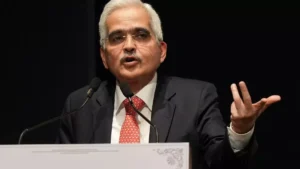


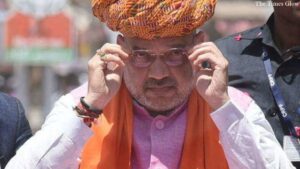





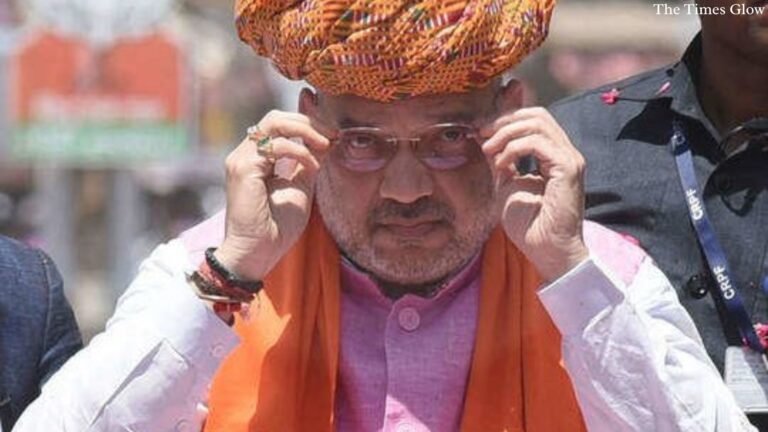

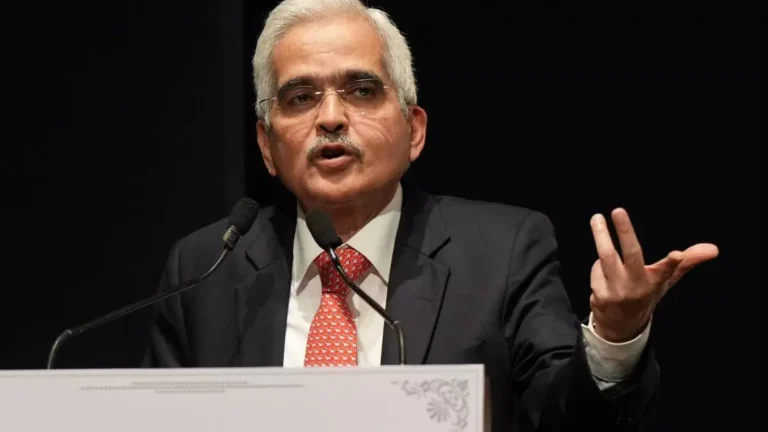
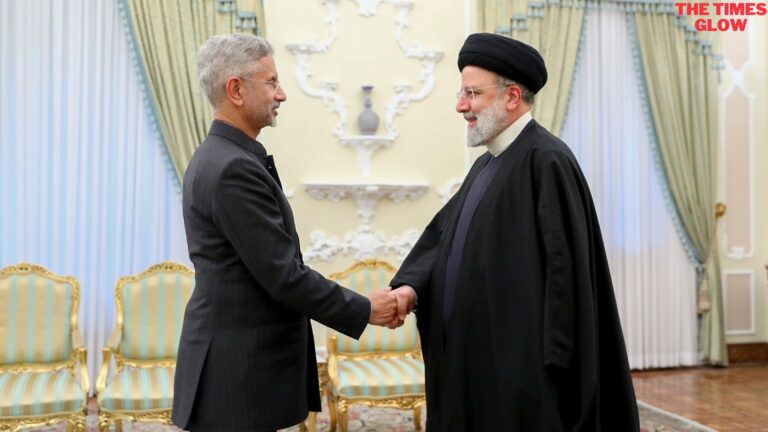




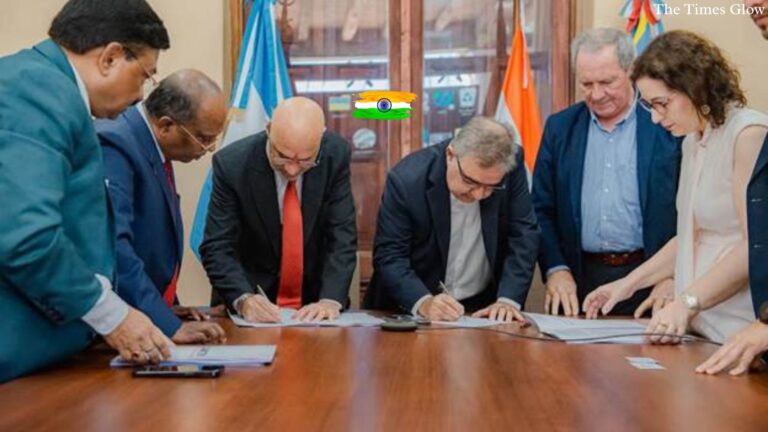
+ There are no comments
Add yours